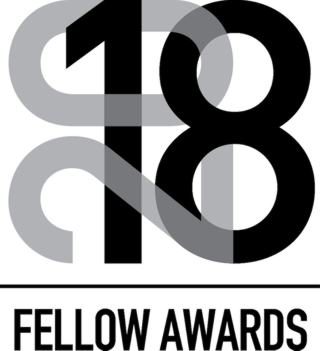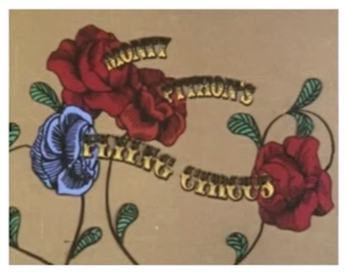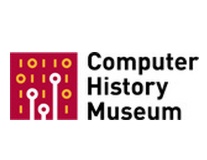| Python Creator Is Computer History Museum 2018 Fellow |
| Written by Sue Gee | |||
| Monday, 26 February 2018 | |||
|
Guido van Rossum is one of the three honorees who become Fellows of the Computer History Museum this year. His award is for the creation and evolution of the Python programming language and for leadership of its community.
The Fellow Awards were established in 1987 as part of the Computer History Museum's vision to explore the computing revolution and its impact on the human experience. They: honor exceptional men and women whose ideas have changed the world. Grace Hopper, creator of Cobol, was the first ever recipient and the number of Fellow Awards has reached 80 this year. Other computer language creators honored include John Backus (Fortran) Dennis Richie and Ken Thompson (C) in 1997; John McCarthy (Lisp) in 1999; Niklaus Wirth (Pascal and Modula) in 2004; Tony Hoare (Algol) in 2006 and Bjarne Stroustrup for C++ in 2015. Guido van Rossum (Python) joins the line up for 2018. According to his new entry in the Hall of Fellows: The Python programming language lies behind an enormous variety of software applications today, many of which affect our daily lives in ways both large and small. First released by its creator Guido van Rossum in 1991, Python has undergone continual improvement and has become a powerful yet flexible and easy-to- learn “Swiss Army knife” for programmers. Computer system administrators use it to solve daily problems quickly and developers can use it to build massive enterprise-scale websites. It is used in machine learning, banking, scientific computing, education, video games, math, physics, engineering, and for fast software prototyping by thousands of entities, including Autodesk, Google,Facebook, Microsoft, Dropbox, Alibaba, NASA, IBM, and hundreds of universities around the world. UC Berkeley and MIT are known to use it in their undergraduate programming courses. About von Rossum's current relationship to Python the entry notes: Since he made Python open source, Van Rossum has accepted the title of Benevolent Dictator For Life (BDFL) from the Python user community, for which he helps mediate disputes emerging from the language’s ongoing development. And with regard to biographical details it notes that he graduated from the University of Amsterdam in 1982 with a master’s degree in mathematics and computer science and that his life as a programmer, stated in the Netherlands and took him to United States. Companies he has worked for include NIST, CNRI, Google and, since January 2013, Dropbox. In 2006 the ACM recognized him as a Distinguished Engineer. Points of interest not covered are that Python originated when van Rossum was looking for a: "'hobby' programming project that would keep [him] occupied during the week around Christmas" as his office was closed" and that he named his language after the Monty Python comedy team and there is a longstanding tradition of making jokey references to this classic, such as the IDE being called IDLE after Eric Idle.
This video provides a quick overview of Python's history and how it has become one of today's most popular languages thanks to Guido von Rossum.
This year's awards ceremony will take place at the Computer History Museum on April 28th, 2015 and will also honor Dov Frohman-Bentchkowsky, for the invention of the first commercial erasable programmable read-only memory (EPROM), which enabled rapid development of microprocessor-based systems and Dame Stephanie Shirley, for a lifetime of entrepreneurship promoting the growth of the UK software industry and the advancement of women in computing. Also here are the latest thoughts Guido has on Python 3:
More InformationComputer History Museum Fellow Awards Related ArticlesComputer History Museum Announces 2015 Fellows Python 3.7 Adds Data Handling Classes Python 3 Gains Support and Enthusiasm Python 2.7 To Be Maintained Until 2020 To be informed about new articles on I Programmer, sign up for our weekly newsletter, subscribe to the RSS feed and follow us on Twitter, Facebook or Linkedin.
Comments
or email your comment to: comments@i-programmer.info |
|||
| Last Updated ( Tuesday, 06 March 2018 ) |





